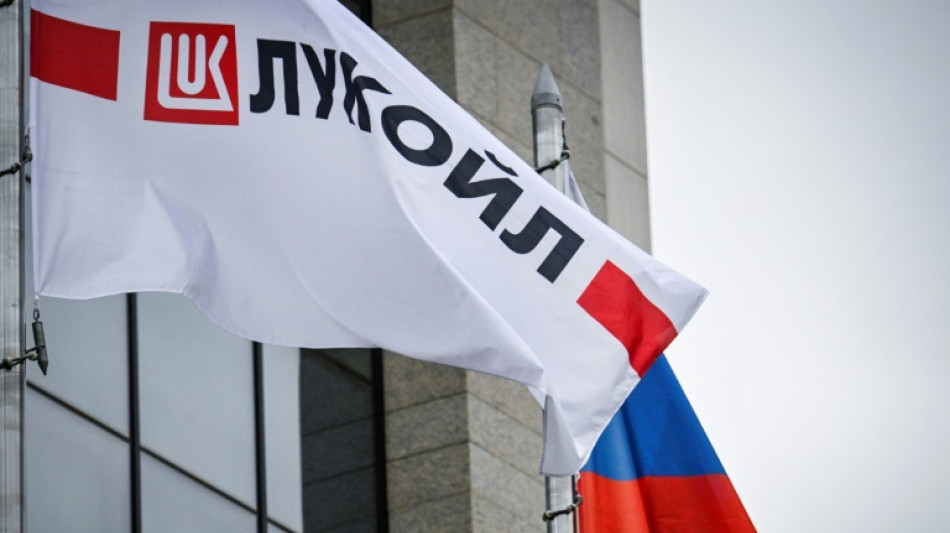
-
 Man who hit Liverpool parade jailed for over 21 years
Man who hit Liverpool parade jailed for over 21 years
-
Sahel juntas would have welcomed a coup in Benin: analysts
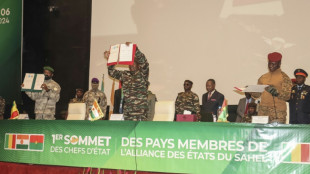
-
 PSG ordered to pay around 60mn euros to Mbappe in wage dispute
PSG ordered to pay around 60mn euros to Mbappe in wage dispute
-
BBC says will fight Trump's $10 bn defamation lawsuit
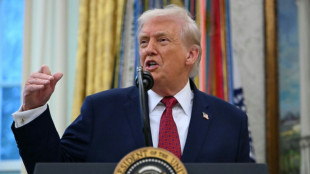
-
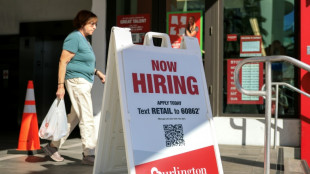 Stocks retreat ahead of US jobs, oil drops on Ukraine hopes
Stocks retreat ahead of US jobs, oil drops on Ukraine hopes
-
Suicide bomber kills five soldiers in northeast Nigeria: sources
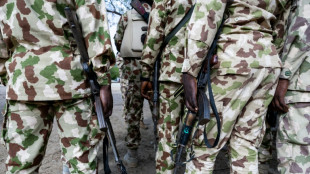
-
 EU set to drop 2035 combustion-engine ban to boost car industry
EU set to drop 2035 combustion-engine ban to boost car industry
-
Australia's Green sold for record 252 mn rupees in IPL auction

-
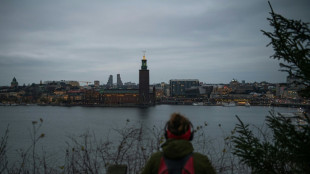 Elusive December sun leaves Stockholm in the dark
Elusive December sun leaves Stockholm in the dark
-
Brendan Rodgers joins Saudi club Al Qadsiah

-
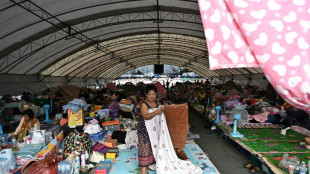 Thailand says Cambodia must announce ceasefire 'first' to stop fighting
Thailand says Cambodia must announce ceasefire 'first' to stop fighting
-
M23 militia says to pull out of key DR Congo city at US's request
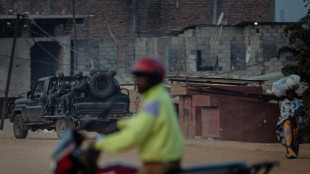
-
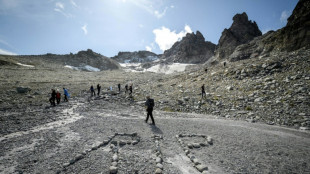 Thousands of glaciers to melt each year by mid-century: study
Thousands of glaciers to melt each year by mid-century: study
-
China to impose anti-dumping duties on EU pork for five years
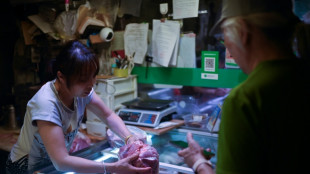
-
 Nepal starts tiger census to track recovery
Nepal starts tiger census to track recovery
-
Economic losses from natural disasters down by a third in 2025: Swiss Re
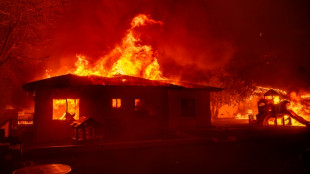
-
 Indonesians reeling from flood devastation plea for global help
Indonesians reeling from flood devastation plea for global help
-
Timeline: How the Bondi Beach mass shooting unfolded

-
 On the campaign trail in a tug-of-war Myanmar town
On the campaign trail in a tug-of-war Myanmar town
-
Bondi Beach suspect visited Philippines on Indian passport

-
 Kenyan girls still afflicted by genital mutilation years after ban
Kenyan girls still afflicted by genital mutilation years after ban
-
Djokovic to warm up for Australian Open in Adelaide

-
 Man bailed for fire protest on track at Hong Kong's richest horse race
Man bailed for fire protest on track at Hong Kong's richest horse race
-
Men's ATP tennis to apply extreme heat rule from 2026

-
 Cunningham leads Pistons past Celtics, Nuggets outlast Rockets
Cunningham leads Pistons past Celtics, Nuggets outlast Rockets
-
10-year-old girl, Holocaust survivors among Bondi Beach dead
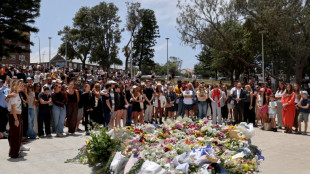
-
 Steelers edge towards NFL playoffs as Dolphins eliminated
Steelers edge towards NFL playoffs as Dolphins eliminated
-
Australian PM says 'Islamic State ideology' drove Bondi Beach gunmen

-
 Canada plow-maker can't clear path through Trump tariffs
Canada plow-maker can't clear path through Trump tariffs
-
Bank of Japan expected to hike rates to 30-year high

-
 Cunningham leads Pistons past Celtics
Cunningham leads Pistons past Celtics
-
Stokes tells England to 'show a bit of dog' in must-win Adelaide Test

-
 EU to unveil plan to tackle housing crisis
EU to unveil plan to tackle housing crisis
-
EU set to scrap 2035 combustion-engine ban in car industry boost

-
 Australian PM visits Bondi Beach hero in hospital
Australian PM visits Bondi Beach hero in hospital
-
'Easiest scam in the world': Musicians sound alarm over AI impersonators

-
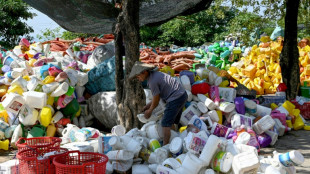 'Waiting to die': the dirty business of recycling in Vietnam
'Waiting to die': the dirty business of recycling in Vietnam
-
Asian markets retreat ahead of US jobs as tech worries weigh
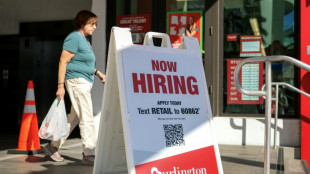
-
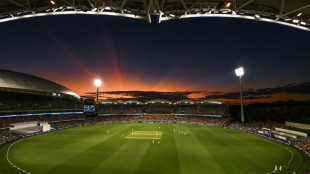 Security beefed up for Ashes Adelaide Test after Bondi shooting
Security beefed up for Ashes Adelaide Test after Bondi shooting
-
Famed Jerusalem stone still sells despite West Bank economic woes
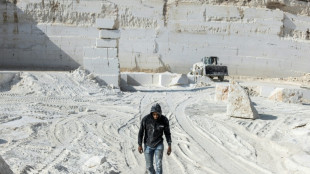
-
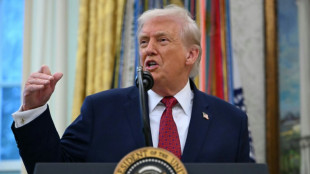 Trump sues BBC for $10 billion over documentary speech edit
Trump sues BBC for $10 billion over documentary speech edit
-
Chile follows Latin American neighbors in lurching right
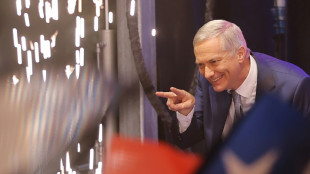
-
 Will OpenAI be the next tech giant or next Netscape?
Will OpenAI be the next tech giant or next Netscape?
-
Khawaja left out as Australia's Cummins, Lyon back for 3rd Ashes Test

-
 Australia PM says 'Islamic State ideology' drove Bondi Beach shooters
Australia PM says 'Islamic State ideology' drove Bondi Beach shooters
-
Scheffler wins fourth straight PGA Tour Player of the Year

-
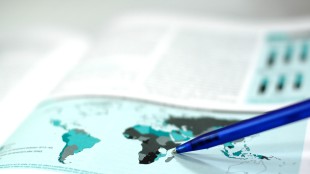 Betterauds Marks Six Years as an Independent Digital Publishing Platform
Betterauds Marks Six Years as an Independent Digital Publishing Platform
-
American College of Education Partners with Arizona Nurses Association to Invest in Nursing Professionals

-
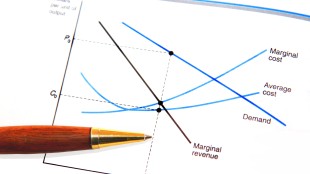 SMX Is Becoming the Google of Materials, and Global Industries Are Taking Notice
SMX Is Becoming the Google of Materials, and Global Industries Are Taking Notice
-
Worksport Launches Rivian R1T Pickup Truck Compatible Cover, SOLIS Solar Tonneau


US and EU sanctions on Russian oil and gas: what do we know?
The United States on Wednesday hit Russia's two biggest oil producers -- Rosneft and Lukoil -- with sanctions, the first against Russia since US President Donald returned to office.
The European Union has also announced a complete ban on Russian liquefied natural gas (LNG) imports by the end of 2026.
Here is what we know about the measures, their scope and possible impact:
- Two major oil companies hit -
The US sanctions freeze all Rosneft and Lukoil assets in the United States and prohibit US companies from doing business with them.
The firms are among Russia's biggest companies while the government owns a majority stake in Rosneft.
Together they account for the lion's share of Russia's oil output -- 55 percent, according to industry analysts. Both of them also produce gas.
The companies are important contributors to state finances, which the Kremlin uses to pay for its war against Ukraine.
To hamper Moscow's revenues, Kyiv has launched drone strikes on Rosneft and Lukoil refineries throughout the war, triggering a decline in output and a spike in petrol prices.
- EU shuns Russian LNG -
The EU on Thursday introduced new curbs on the Russian oil and gas sector in the bloc's 19th sanctions package since the Kremlin's 2022 invasion.
It includes a complete halt to Russian LNG imports by the end of 2026 and measures against Moscow's shadow oil tanker fleet that the Kremlin uses to circumvent sanctions, which the EU's estimates now amounts to up to 1,400 ships.
The 27-nation bloc has already blacklisted hundreds of tankers, but Russia kept bringing more depleted vessels.
The EU has drastically reduced its dependence on Russian natural gas since the 2022 invasion of Ukraine.
The share of Russian gas in EU imports has dropped from 38 percent before the war to only seven percent today, according to an AFP calculation based on data from the Brussels-based Bruegel institute.
- Secondary sanctions -
The United States has put Lukoil and Rosneft on its SDN list of sanctioned entities, a registry followed by many countries and feared in the business world.
Companies who work with the Russian entities risk secondary sanctions, which would deny them access to US banks, traders, shippers and insurers -- the backbone of the commodities market.
Russian energy expert Alexei Gromov said the sanctions aimed to prevent Russia and India from trading in dollars, as New Delhi is a key importer of Russian oil.
"This is a significant blow that will lead to difficulties in Russian oil supplies to India," Gromov, director of the Moscow-based Institute of Energy and Finance, told AFP.
But the sanctions are unlikely to weigh on Russia's trade with China -- the biggest buyer of Russia's oil -- as Moscow and Beijing trade in their national currencies, Gromov said.
- Political and economic impact -
Trump attempted to foster ties with Russia at the start of his term but has become increasingly frustrated with the country's refusal to agree a ceasefire.
The latest sanctions mean Trump has gone further than his Democratic predecessor Joe Biden, who did not sanction Russia's two oil majors and instead targeted smaller producers, Bovt said.
"Adding Russia's largest oil companies to the SDN list -- even Biden didn't go that far," according to Bovt.
Jorge Leon from Norway-based research centre Rystad Energy forecast the curbs will trigger "less official buying of Russian crude, and probably a little bit more of Russian shadow fleet trade," in a comment to AFP.
Capital Economics analysts David Oxley and Nicholas Farr called the sanctions a "major escalation" which "could be a big enough shock to flip the global oil market into a deficit next year."
But Elisabeth Braw from the Atlantic Council, was more cautious, telling AFP there are many strong economies that "can essentially step in and buy whatever products it is we are sanctioning".
"We just shouldn't assume that sanctions will have a major effect," added Braw from the US-based think tank.
Still, Russian President Vladimir Putin said the sanctions were "serious" but not significant enough to strongly hit the economy of his country, which has already adapted to numerous international punitive measures imposed on it for over a decade.
Ukraine's President Volodymyr Zelensky said the sanctions a "clear signal" for Moscow to end the war.
burs-rco-asy/sbk
G.Stevens--AMWN